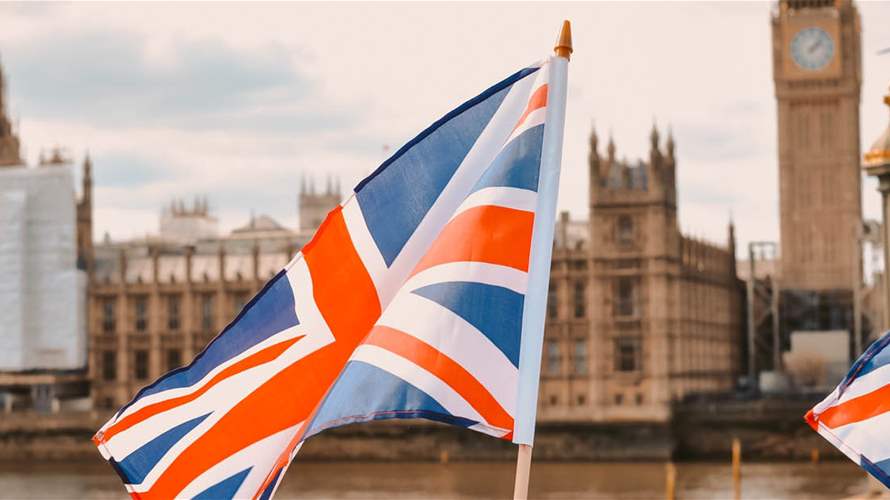The UK, once the richest empire in the world and a leader of the industrial revolution, now faces significant economic challenges as the sixth-largest economy globally.
These economic issues are not new; they have roots extending back several years. The British economy took a severe hit during the 2008 financial crisis, transitioning from a productive industrial economy to a financial and real estate sector-focused one. Since then, economic growth has stagnated, leading to stagnant wages and state revenues.
At the time, government measures to counter the financial crisis’s aftermath didn’t help. The key decision to implement harsh austerity measures and massive cuts in social services, healthcare, security, and many other sectors led to increased poverty, according to the United Nations. The number of people relying on charitable aid for food has risen significantly.
Due to these austerity measures, the investment level in the UK remains lower than in all other major economies. Meanwhile, countries like the US are soaring in investments in infrastructure, technology, and renewable energy. The UK’s exports to Europe have dropped, accounting for half of its total exports, due to the return of trade and customs barriers and transaction complications. British companies have relocated to EU countries, resulting in the loss of around two million jobs, according to official reports.
The COVID-19 pandemic and Russia’s war on Ukraine have exacerbated the situation. Inflation has reached its highest level in 40 years, leaving Brits struggling to pay energy bills and housing costs.
These problems have occurred amidst political instability. Imagine five Prime Ministers changing since 2016, hindering long-term economic planning and generating distrust.
The UK is now undergoing its first elections in five years, with polls indicating that the Conservative Party, which has governed for the past 14 years, will be punished for failing to address the living crisis, favoring the Labor Party.
To attract voters, the Conservative Party claims its plan is starting to work, with inflation decreasing over the past year, warning that the Labor Party will raise taxes if they win. In response, the Labor Party emphasizes that their plans focus on increasing investments in infrastructure and clean energy to generate state revenue and boost economic growth.


